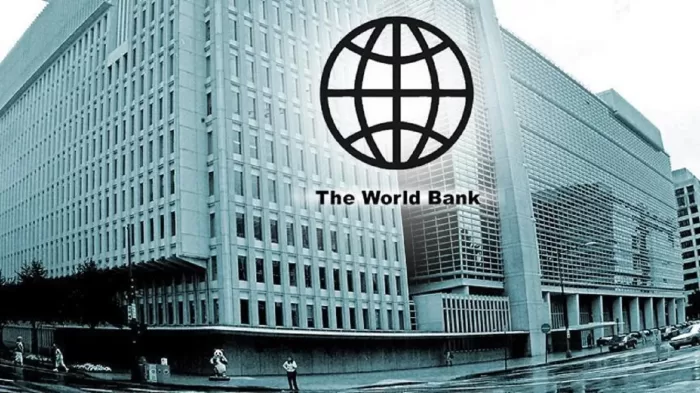
It appears there is something that Nigerans are not seeing that others by the sideline are seeing. Now, advice and suggestions on how to revive the economy keeps pouring in from every corner to the Nigerian government.
The latest of them is coming from the International Monetary Fund (IMF). It is asking Nigeria to reduce food insecurity.

The International Monetary Fund, IMF, says tackling food insecurity should be the immediate priority of the Nigerian government.
This advice comes in IMF’s End-of-Mission statement issued after the completion of the IMF Staff 2024 Article IV Mission to Nigeria on Tuesday in Abuja.
Have You Read: Again, Abuja Residents Attack, Loot Truck Carrying Food Items (VIDEO)
The End-of-Mission statement includes statements of IMF staff teams that convey preliminary findings after a visit to a country.
President Bola Tinubu’s administration inherited an economy marked by low growth, and low revenue collection.
This is iced with an accelerating inflation rate, and external imbalances built up over the years.
The body wrote: “Addressing food insecurity is the immediate priority.
“The recent approval of a well-targeted and effective social protection system is key toward solving food insecurity in Nigeria”.
Furthermore, it said an IMF team, led by IMF Chief for Nigeria, Axel Schimmelpfennig, visited Lagos and Abuja to discuss the 2024 Article IV Consultations with Nigeria.
The team met with the Minister of Finance and Minister of the Economy of Nigeria, Wale Edun, and the Governor of the Central Bank of Nigeria (CBN), Olayemi Cardoso.
Others at the meeting were the senior government, CBN officials and the Ministries of Agriculture and Environment.
Also at the meeting were other individuals in the private sector.
The statement read: “Nigeria’s economic outlook is challenging.
“Economic growth strengthened in the fourth quarter, with Gross Domestic Product (GDP) growth reaching 2.8% in 2023.
“This falls slightly short of population growth dynamics.
”Improved oil production and an expected better harvest in the second half of the year are positive for 2024 GDP growth.
“This is projected to reach 3.2% although high inflation, naira weakness, and policy tightening will provide headwinds.
“With about eight percent of Nigerians deemed food insecure, addressing rising food insecurity is the immediate policy priority.
You May Also Like: Ghana Meets Criteria To Get $600m Loan From IMF
“In this regard, staff welcomed the authorities’ approval of an effective and well-targeted social protection system.
“The team also welcomed the government’s release of grains, seeds, and fertiliser, as well as Nigeria’s introduction of dry-season farming.”